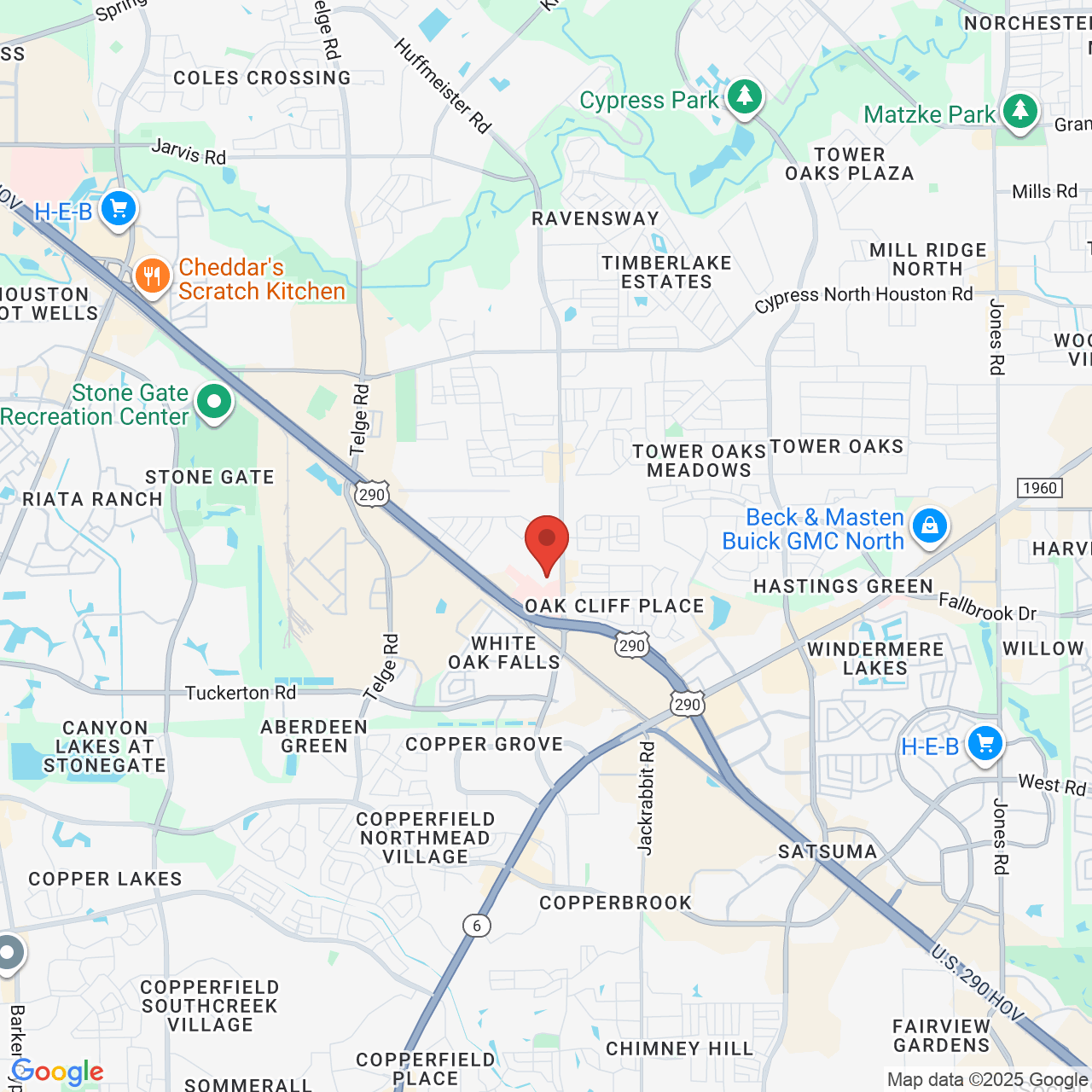Description
This animation demonstrates how a sleeve gastrectomy is performed. Through small incisions in the abdomen, Dr. St. Laurent can remove a large portion of the stomach to form a much thinner vertical sleeve. This change in size reduces hunger and allows patients to feel fuller with less food.
View transcript
To gain access to the abdominal cavity, small incisions are created on the abdomen. Trocars, which serve as passageways for the surgical instruments, are placed into the incisions. The surgical instruments are passed through the trocars to access the abdominal cavity. The surgeon examines the abdominal cavity using a laparoscope or video camera.
The average human stomach can expand to hold around 1 to 1.5 liters of food. While in the stomach, food is mixed with digestive enzymes to help break down the food to a more simple form, so that it can be more easily digested and absorbed when it is in the small bowel.
During a sleeve gastrectomy, a thin vertical sleeve is created by using a stapling device. This sleeve will typically hold between 50 and 150 milliliters or is about the size of a banana. The excised portion of the stomach is removed.
By altering the anatomy of the gastrointestinal tract, sleeve gastrectomy changes signals in the body, resulting in decreased hunger and increased feelings of fullness after meals. The bile and pancreatic fluid from the liver and pancreas mix with the food and allow it to be completely digested and absorbed in the bowel.
There is no rerouting of the small bowel or postoperative adjustments needed for the sleeve gastrectomy.
As with all weight loss procedures, behavior modification and dietary compliance plays a critical part in determining the long-term success of the procedure. All surgery presents risks. Weight, age, and medical history determine your specific risks. Ask your doctor if bariatric surgery is right for you.




































